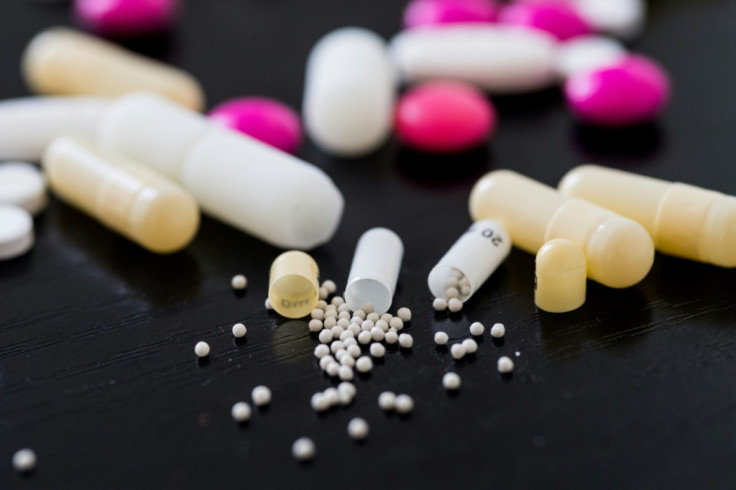Scientists sequence genome in hopes of finding answers in fighting antibiotic resistance
Scientists state that the sequencing of the mould could give them suggestions on how they can try and improve the design of antibiotics in combating bacteria.
Scientists have been trying to fight superbugs, those that have become resistant against the common antibiotics. Now, they are seeing a ray of hope as they have "woken" Alexander Fleming's original penicillum mould, and we're able to sequence the genome for the first time. The world owed this 92-year-old mould for the development of antibiotics and with the recent sequencing that scientists made, the same may be able to help the pharmaceutical industry for the second time around.
A team of researchers from Imperial College London and Oxford University, sequenced the mould that Fleming used that led to the discovery of penicillin. The mould has been frozen since 1945. The researchers regrew the original penicillum, sequenced its genome, and the information that they can get from this may help them in fighting against antibiotic-resistant bacteria.
The study was published in the Scientific Reports journal. It showed that the team compared the mold of Fleming with two strains of penicillum. These strains were from the United States and were used in producing antibiotics industrially. The researchers looked at two kinds of genes. The first was the one that encodes enzymes used by the fungus in producing penicillin and the second, was the one that regulates the enzymes.
Dr Tim Barraclough, a professor at the Department of Life Sciences at Imperial College London stated that they were looking for differences that evolved over time, which may help them understand how they can modify antibiotic production to help battle superbugs.
He said that it could give them suggestions on how they can try and improve the design of antibiotics in combating bacteria. Barraclough also explained that so many efforts were expended in looking for new classes of antibiotics. He said that when these are put to use, the same thing happens because, after five or 10 years, bacteria develops resistance against them.
Barraclough also mentioned that his team is looking for the subtler variations of the antibiotics. They are considering that these versions could vary in nature and could somehow provide a shift in balance when it comes to tackling bacteria.
The concern over superbugs has become more prevalent. As Barraclough explained, if the time comes that penicillin can be bought by anybody, there is always a danger some people may take under dose, and would expose their microbes to drug quantities that are considered as non-lethal. When this happens, the microbes become drug-resistant. In 2050, experts expect 10 million deaths because of drug-resistant bacteria.
© Copyright IBTimes 2025. All rights reserved.






















